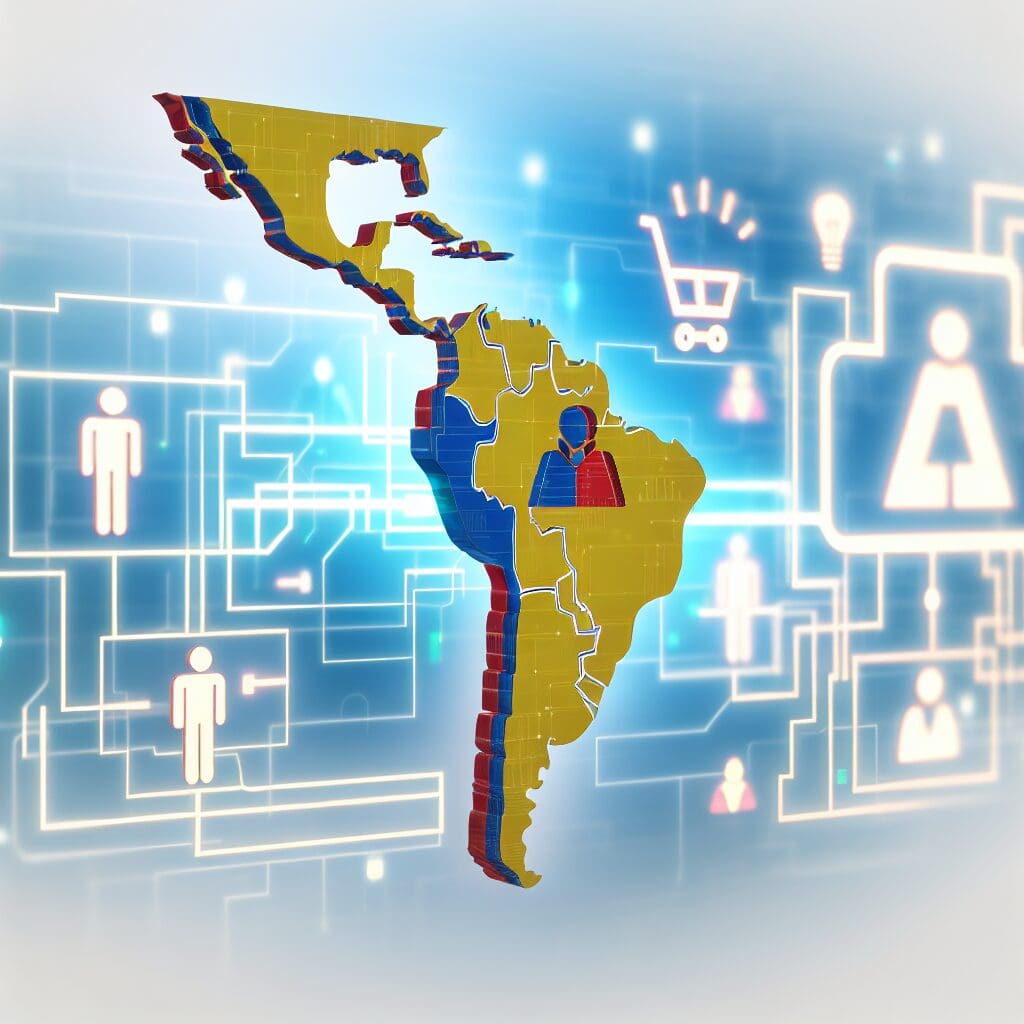A recent study reveals that artificial intelligence (AI) could potentially lead to a 5% reduction in jobs across Latin America. This finding comes amid rising concerns about the economic implications of AI technologies in the region, particularly in sectors that are heavily reliant on human labor, such as services and manufacturing.
Latin America faces unique challenges, including significant economic inequality and a large informal economy. According to the study’s authors, these factors may amplify the negative impact of AI job displacement. For instance, industries such as agriculture and low-skilled manufacturing are particularly vulnerable, where manual labor constitutes the bulk of employment. A shift towards automation could exacerbate job losses and widen the gap between skilled and unskilled workers.
Countries like Brazil and Mexico, with their vast informal sectors, are likely to experience the harshest repercussions. In Brazil, more than 40% of the workforce is employed informally, making them less likely to benefit from protective labor regulations or retraining programs. This lack of support could result in increased unemployment and heightened poverty levels.
Nevertheless, AI also presents opportunities for growth and innovation. Countries that strategically invest in education and training can harness AI to boost productivity and create new job categories. Upskilling the workforce will be essential to navigate this transition and mitigate adverse effects.
In conclusion, while AI adoption in Latin America poses challenges, informed policy decisions can enable the region to maximize benefits while minimizing job losses. Priority should be given to developing strategies that prepare the workforce for these impending changes, ensuring a more equitable economic future.












